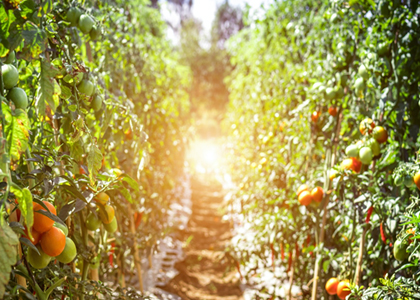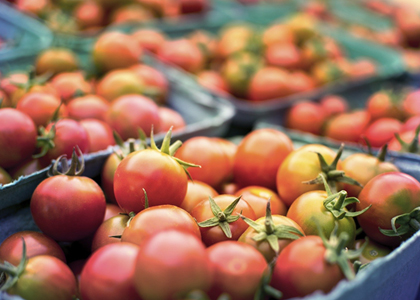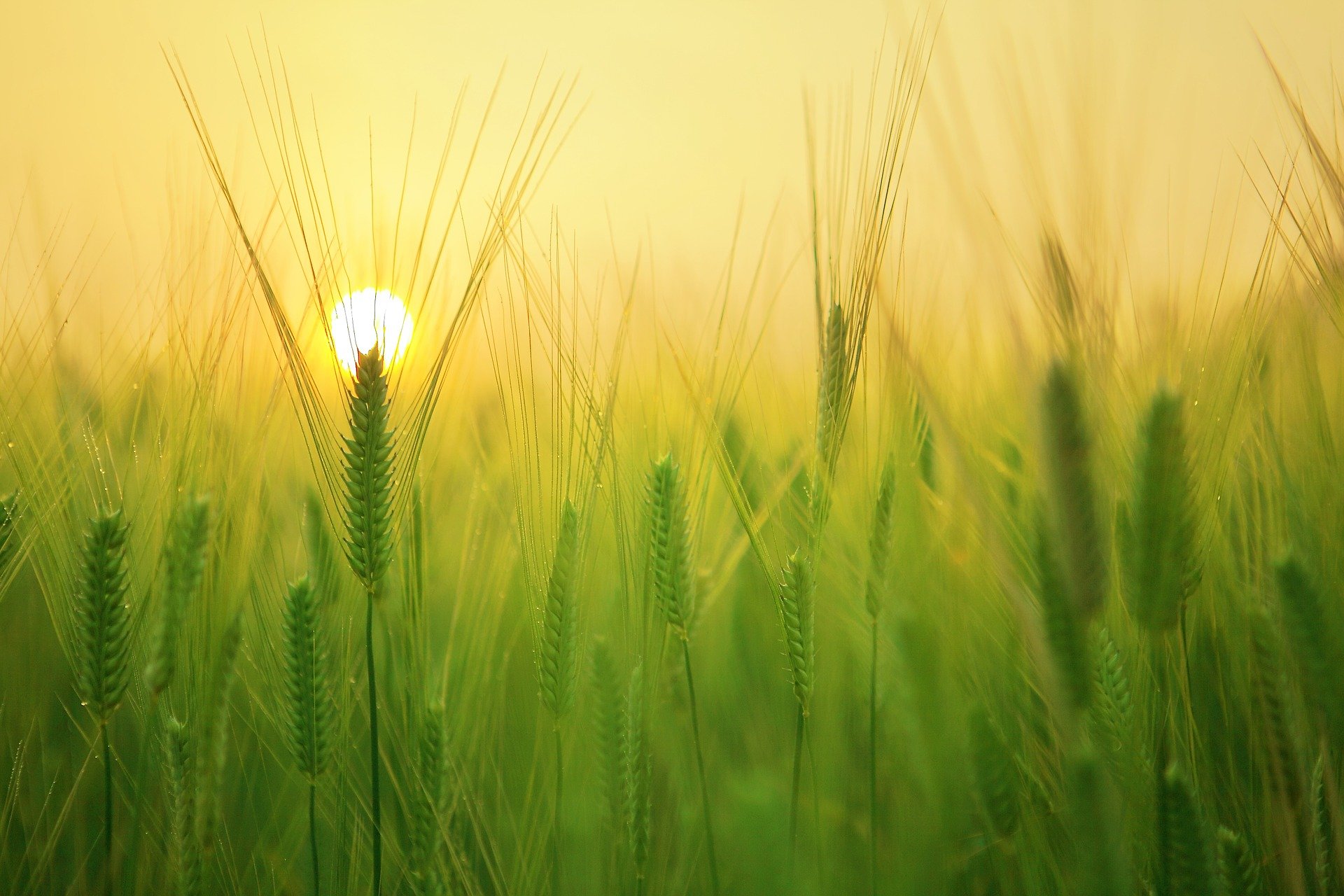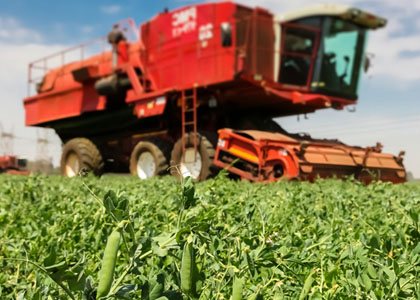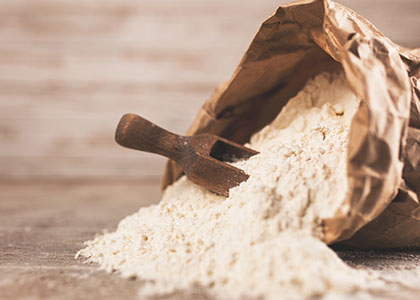Home / Blog / Securing KSA Food Security
Multiple programs by Saudi’s Agricultural Development Fund aim to create a prosperous future for Saudi’s agricultural sector.
Currently, Saudi Arabia imports around 80% of its food. There has been a strong desire to reduce this number and increase local production for some time, as demonstrated by the Vision 2030 goal to achieve self-sufficiency and dramatically reduce the country’s reliance on imports. As COVID 19 has significantly reduced access to food imports and caused far lengthier supply chains, the issue of food security has been brought into sharp focus within Saudi Arabia.
KSA has introduced a number of initiatives during the pandemic to boost Saudi agriculture, ensure food security and maintain its drive towards agricultural self-sufficiency. Key to this is the country’s Agricultural Development Fund (ADF), which plays a pivotal role in overseeing and supporting KSA’s agriculture sector.
The latest initiative announced by the ADF will see loans and credit facilities available for the country’s agriculture sector of around $220 million. Aimed at supporting the goal of self-sufficiency, the funding will help the sector to continue operations during COVID-19 by backing up standing capital and operational costs for small and medium-sized Saudi agriculture establishments.
Prior to this additional funding, KSA had already achieved impressive numbers in terms of self-sufficiency during the COVID-19 crisis. The self-sufficiency ratio of dates reached 125%, eggs 116%, fresh milk and its derivatives 109%, and vegetables and poultry 60%.
This funding follows from the ADF’s food security strategy launched in June 2020, where around $500 million was dedicated to importing specific food staples to boost the country’s reserves. Contracts worth around $92 million alone were created for the import of rice, corn, and soybeans.
The food security strategy has increased the reserves of key staple foodstuffs, such as wheat and flour, to record levels, at a time where many countries are experiencing significant reductions. As a result of ADF’s work, Saudi Arabia now has the largest wheat and flour storage capacity in the middle east of more than 3.3 million tons.
Other recent initiatives overseen by the ADF have included support for the date industry, investment in broiler chicken production, a dried egg powder factory, and the financial guarantees to feed and animal production companies.
Over the past three decades, the ADF has attracted over $53 billion worth of investment to Saudi Arabia’s agricultural sector, provided financial support through medium- and long-term soft loans, and has provided technical, administrative, financial, and marketing advice to boost the country’s agricultural performance. With the support of the ADF, Saudi’s agricultural industry is in safe hands.



